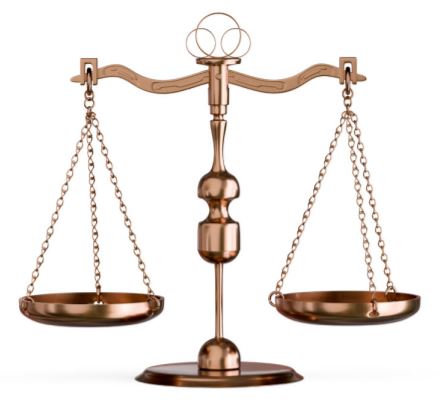A constructive trust is a legal concept created by the courts against one who, by fraud, wrongdoing, or any other unconscionable conduct, either has obtained or holds legal right to property which he ought not to, in good conscience, keep and enjoy. A constructive trust is used to prevent unjust enrichment. Unjust enrichment is present in nearly every case where a constructive trust is imposed. However, it is not necessary for the court to findthat the person whose property is subjected to it has acted wrongly in order to impose a constructive trust, but may be based upon a finding of unjust enrichment arising from other circumstances that “render it inequitable for the party holding the title to retain it.”
The basis for creating a constructive trust is to prevent unjust enrichment. (Restatement of Restitution § 160, comment c.) “Where a person wrongfully disposes of property of another knowing that the disposition is wrongful and acquires in exchange other property, the other is entitled to enforce a constructive trust of the property so acquired.” If the property so acquired is or becomes more valuable than the property used in acquiring it, the profit thus made by the wrongdoer cannot be retained by him; the person whose property was used in making the profit is entitled to it.” (Restatement Restitution § 202.) When property is given or devised to a defendant in breach of a donor’s or testator’s contract with a plaintiff, equity will impose a constructive trust upon that property being held by another even though (1) the transfer is not the result of breach of a fiduciary duty or an actual or constructive fraud practiced upon the plaintiff, and (2) the donee or devisee had no knowledge of the wrongdoing or breach of contract.

